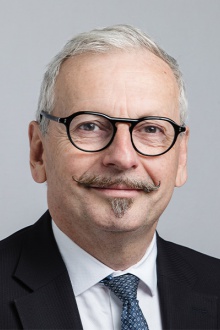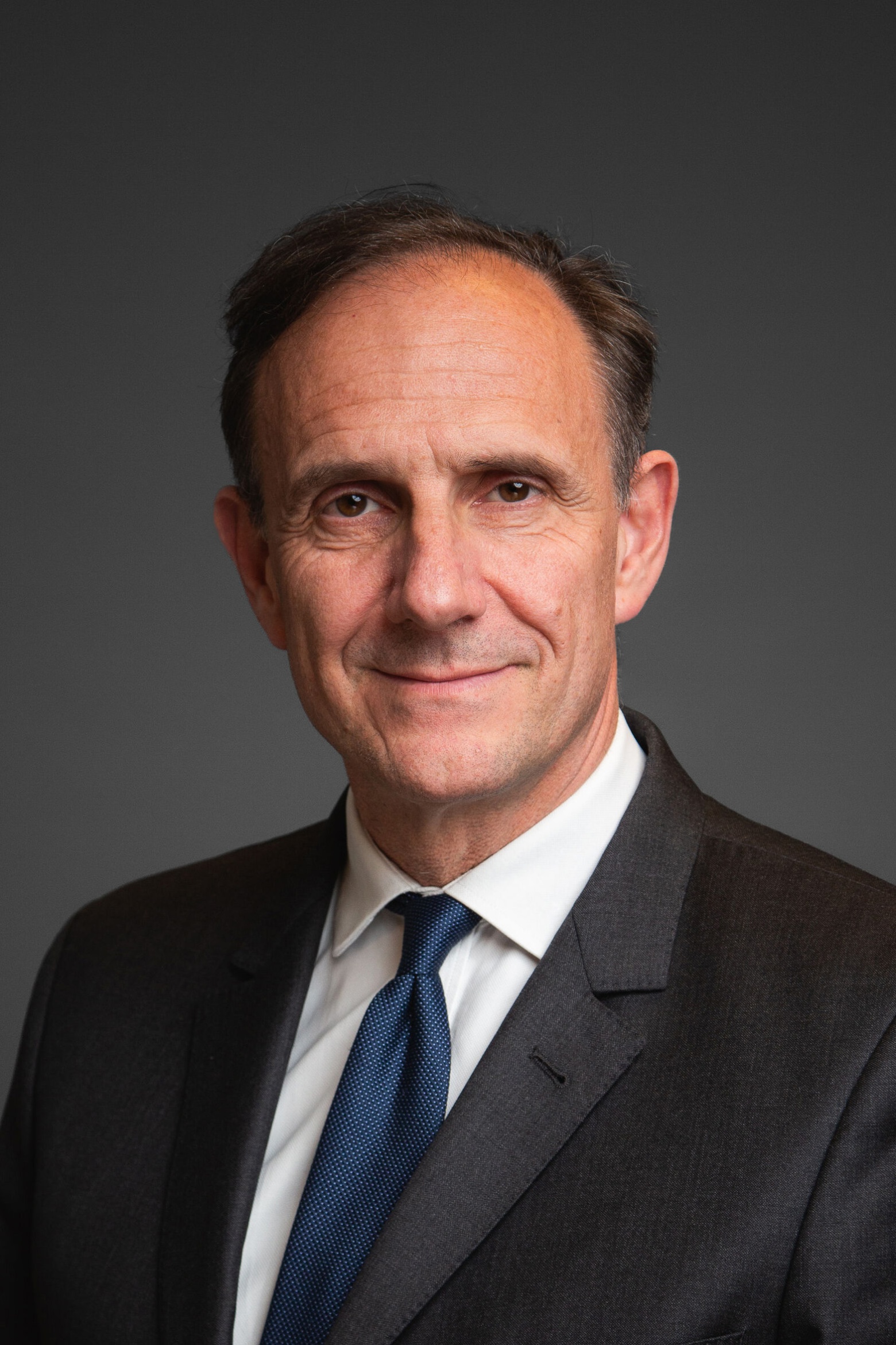Caisse des Dépôts is a public financial institution established by the French Law of 28 April 1816 and governed by the French Monetary and Financial Code
Its status and governance are unique in France, giving it the capacity to manage private funds requiring special protection.
This guarantee is exercised on a day-to-day basis by the Supervisory Board, whose mission was strengthened by the French Law on the Modernisation of the Economy of 2008 and the PACTE Act of 2019.
The Supervisory Board
The Supervisory Board has 16 members: five members of French parliament (three members of the French National Assembly and two senators), two employee representatives, one French State representative and eight qualified officials.
Men and women are equally represented on the Board within the meaning of the Copé-Zimmermann Act.
Chaired by a member of French Parliament and assisted by a General Secretary, it reports to French Parliament on its work at least once a year.
-
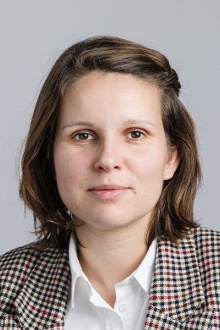
Marie Lebec
Deputy for Les Yvelines (4th constituency)
Crédit Frédérique Plas
-
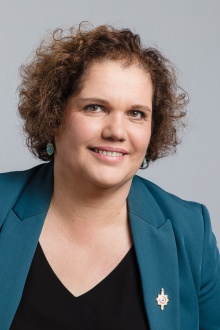
Estelle Mercier
Deputy for Meurthe-et-Moselle (1st constituency)
Crédit Frédérique PLAS
-

Viviane Artigalas
Senator for Hautes-Pyrénées
Crédit ©Frederique PLAS
-
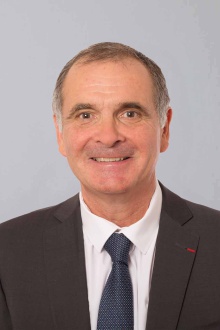
Arnaud Bazin
Senator for Val-d'Oise
Crédit ©Senat
-

Gabriel Cumenge
Deputy Assistant Secretary, French Treasury, representing the Secretary of the Treasury
Crédit ©Frederique PLAS
-

Emmanuelle Auriol
Professor of economics, qualified person, appointed by the President of the French National Assembly
Crédit ©Frederique PLAS
-

Denis Duverne
Honorary civil administrator, qualified person, appointed by the President of the French National Assembly
Crédit ©Frederique PLAS
-

Lucie Muniesa
Inspector General of France's national institute for statistics (INSEE), qualified person, appointed by the President of the French National Assembly
Crédit Frédérique Plas
-

-
Qualified personality appointed by the President of the French Senate
-

Evelyne Ratte
Honorary President of the Chamber, Court of State Auditors, qualified person appointed by the President of the French Senate
Crédit ©Frederique PLAS
-

Marie-Claire Capobianco
Qualified person appointed by the French State
Crédit Frédérique PLAS
-
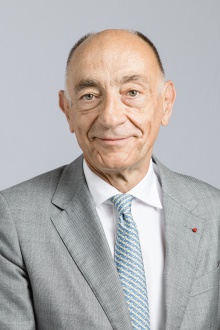
Jean-Marc Janaillac
Qualified person appointed by the French State
Crédit ©Frederique PLAS
-

Marc Le Fur
Qualified person appointed by the French State
Crédit ©Frederique PLAS
-

Estelle Le Bihan-Chauvin
Caisse des Dépôts employee representative
Crédit Frédérique Plas
-

David Blé
Caisse des Dépôts employee representative
Main roles and responsibilities of the Supervisory Board:
The Supervisory Board is tasked with ensuring that Caisse des Dépôts performs the duties entrusted to it by law and that the State-owned group it forms with its subsidiaries carries out its public interest activities and its competitive activities in support of the country's economic development.
For this purpose, it supervises all of the Caisse des Dépôts Group's activities and ensures that its ownership interests are protected and its autonomy is respected.
The Supervisory Board is responsible for the permanent control of Caisse des Dépôts’ management, which is exercised by the Chairman and Chief Executive Officer.
It debates major decisions relating to the strategic policies of the Public Institution and its subsidiaries, the medium-term strategic plan, the implementation of public interest missions, the definition of the investment strategy of the Public Institution and its subsidiaries, the adoption of the Public Institution's budget, and the strategy and risk appetite with reference to a prudential model that it determines.
It approves the Group's financial statements and the general organisation and direction of the Group's internal control system, as well as the policy relating to equal pay and opportunities for all employees and for men and women..
The Supervisory Board's work is governed by its internal rules of procedure. Its supervisory capacity is strengthened by the following specialized committees:
- the Audit and Risk Committee;
- the Savings Funds Committee;
- the Investment Committee;
- the Appointments and Remuneration Committee;
- the Strategy Committee;
- the Corporate Social Responsibility and Ethics Committee.
Executive Committee
As Caisse des Dépôts Group's main management body, the Executive Committee brings together the Group’s core activities and the support functions that are essential to its performance.
It decides on the Group's strategy, monitors the Group’s operating performance and ensures that its solutions are adapted to the needs of its customers, partners and users.
-

Virginie Chapron-du Jeu
Head of Risk Management
Crédit © Frédérique Plas – Caisse des Dépôts – 2019
-

Pierre Chevalier
Head of Legal Affairs, Compliance and Ethics
Crédit © Frédérique Plas – Caisse des Dépôts – 2019
-

Nicolas Dufourcq
Chief Executive Officer of Bpifrance
Crédit © Frédérique Plas – Caisse des Dépôts – 2019
-

Marie-Laure Gadrat
Chief of Staff to the Chairman and Chief Executive Officer
Crédit Jean Nicholas Guillo / REA - Caisse des Dépôts - 2023
-

Audrey Girard
Head of Strategic Investments
Crédit Sophie Palmier / REA – Caisse des Dépôts – 2025
-
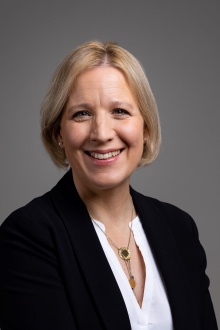
Marianne Kermoal-Berthomé
Head of Social Policy
Crédit Jean Nicholas Guillo / REA - Caisse des Dépôts – 2023.
-
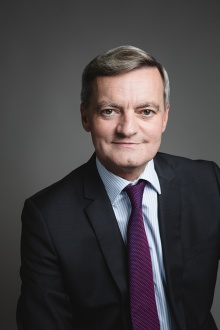
Olivier Mareuse
Deputy Chief Executive Officer, Head of Asset Management and Savings Funds
Crédit © Frédérique Plas – Caisse des Dépôts – 2019
-
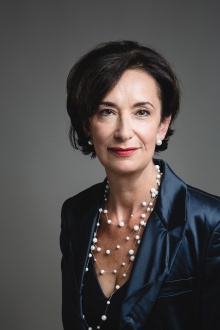
Catherine Mayenobe
Deputy Chief Executive Officer, Director of Operations and Business Transformation Management
Crédit © Frédérique Plas – Caisse des Dépôts – 2019
-
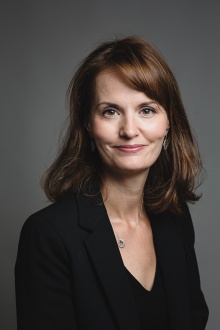
Sophie Quatrehomme
Head of Communications, Corporate Sponsorship and Partnerships
Crédit © Frédérique Plas – Caisse des Dépôts – 2019
-

Aurélie Robineau-Israël
Head of Human Resources
Crédit Jean Nicholas Guillo / REA - Caisse des Dépôts - 2023
-

Antoine Saintoyant
Deputy Chief Executive Officer, Director of Banque des Territoires, Group vision leader
Crédit Sophie Palmier / REA – Caisse des Dépôts – 2025
-

Nathalie Tubiana
Head of Finance and Sustainable Development Policy
Crédit © Frédérique Plas – Caisse des Dépôts – 2020
Four internal and external control systems
- Internal control system overseen by the Chairman and Chief Executive Officer
- Monitoring by the Supervisory Board
- French Prudential Supervisory and Resolution Body (ACPR)
- French Court of Accounts
Four remuneration control and transparency systems
- Cap on the Chairman and Chief Executive Officer's remuneration by decree
- Voluntary cap on Group Executive Committee members' remuneration
- Cap by decree and framework governing amounts paid to Supervisory Board members
- Annual disclosure of Group senior manager remuneration
Find out how our governing structure works



